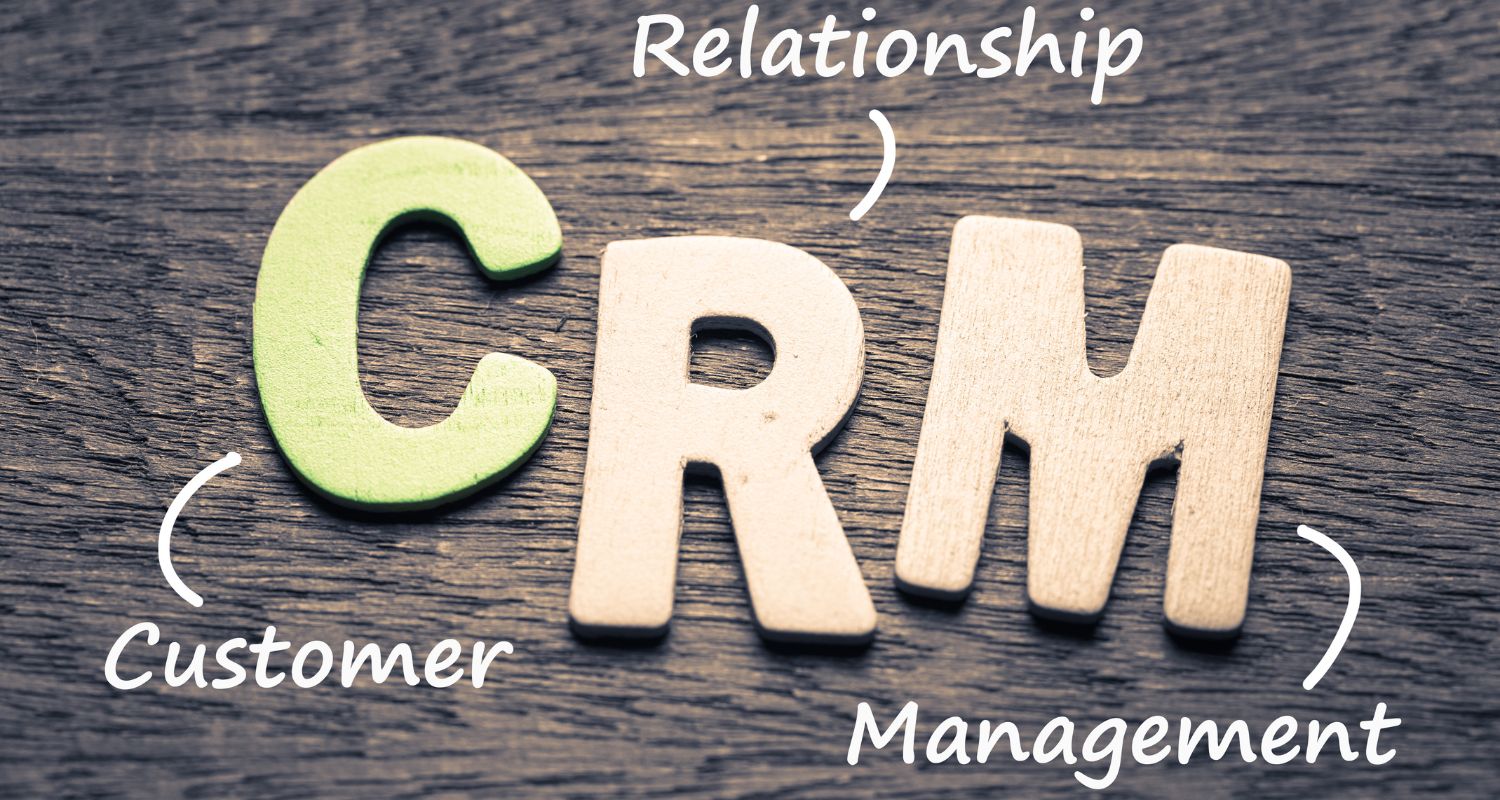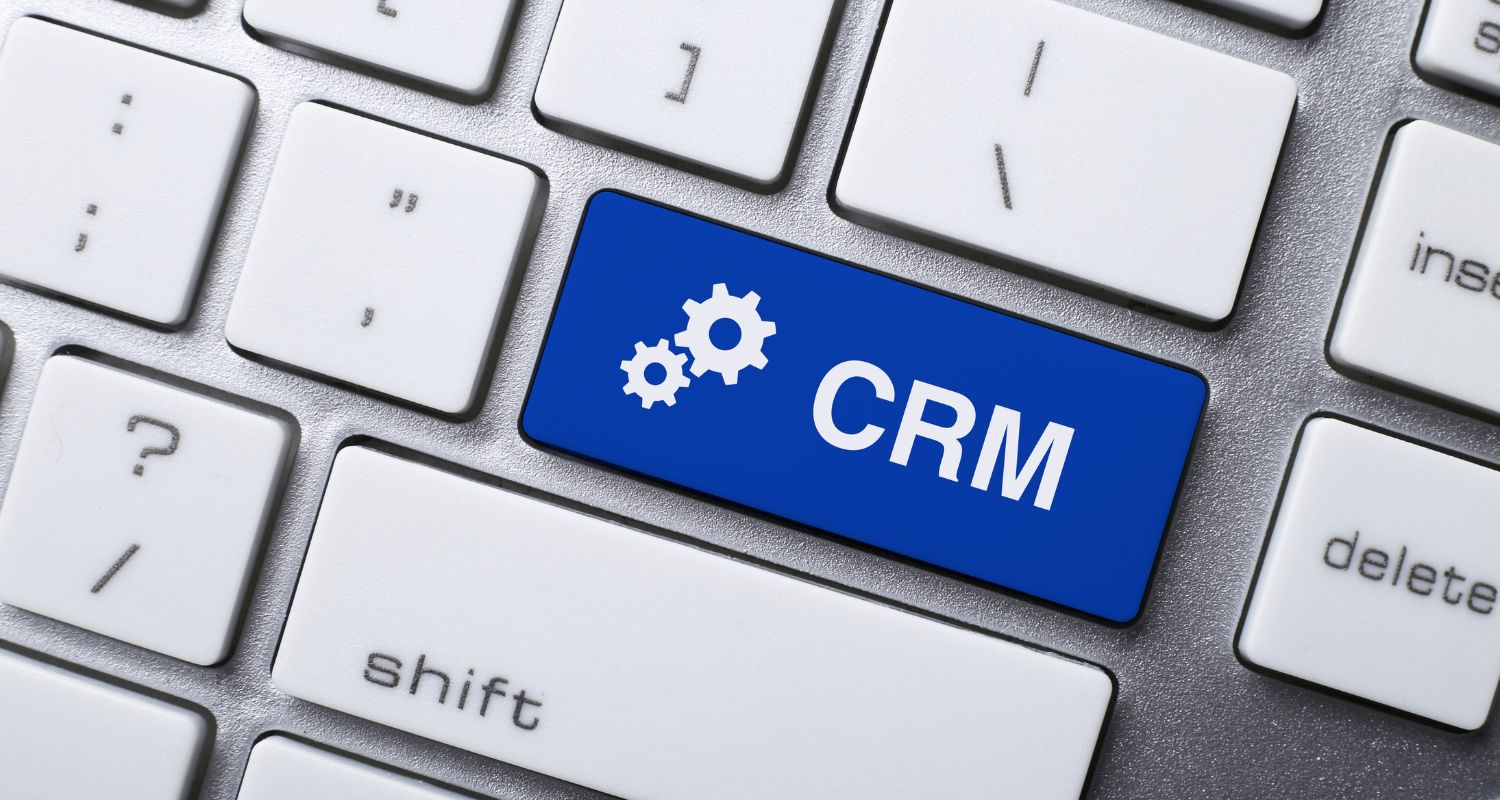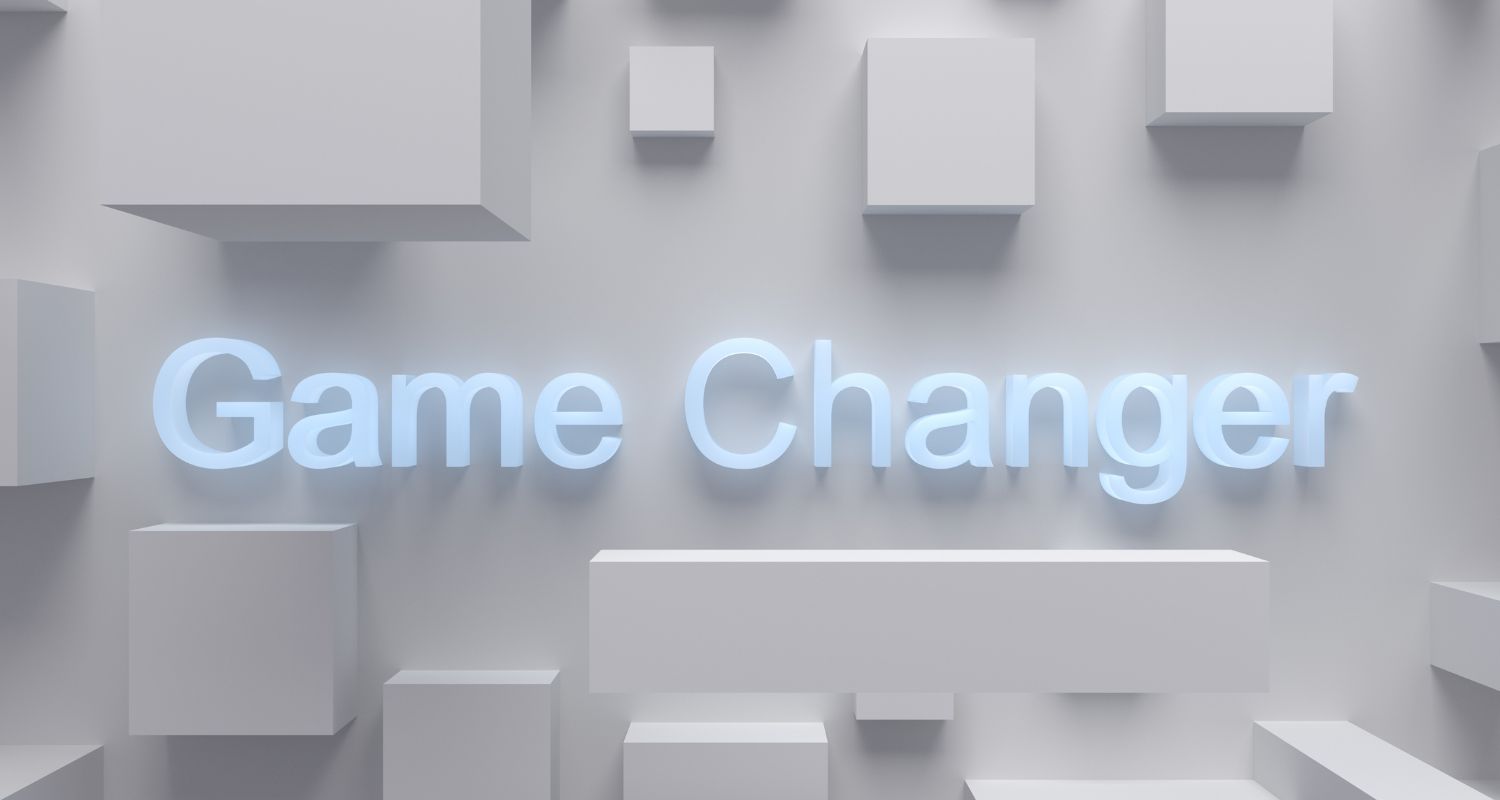CRM for Dummies – If you’ve ever wondered, “What’s this hullabaloo about CRM?”, well, you’re in the right place. We’re about to break down the CRM, or Customer Relationship Management, into digestible pieces.
What is CRM?
Customer Relationship Management, or CRM, isn’t just a fancy acronym that tech folks throw around. It’s a strategic approach that companies use to manage their relationships and interactions with their customers and potential customers. So, how about we dive in and demystify this concept?
The ABCs of CRM
In its barest form, CRM is all about managing customer relationships. The idea is to improve business relationships, streamline processes, and increase profitability. CRM enables businesses to stay connected with customers, streamline processes, and improve profitability.
Why CRM?
Ever heard the saying, “The customer is king”? Well, that’s exactly what CRM is all about. It’s about putting the customer at the heart of your business. CRM systems help businesses stay connected to customers, streamline processes, and improve profitability.
CRM for Dummies: Unraveling the Complexities
Alright, now that we’ve covered the basics, let’s delve a bit deeper.
Understanding CRM Software
A CRM system is not just a fancy tool; it’s an integral part of your business strategy. It’s a tool that helps you track, organize, and manage all of your customer interactions.
Key Features of CRM
- Contact Management: This is the bread and butter of any CRM system. Contact management allows you to keep track of all customer information and interactions in one place.
- Interaction Tracking: This feature enables you to document every interaction with your customers, providing a clear history of your relationship.
- Lead Management: It helps you manage and track potential customers, or leads, through the sales pipeline.
- Reports and Dashboards: These give you a visual representation of your sales activities, customer interactions, and more.
Benefits of Using a CRM System
Well, apart from keeping you organized and ensuring that no customer interaction falls through the cracks, a CRM system offers a plethora of benefits.
- Improved Customer Service: With all your customer data in one place, you can provide personalized service and anticipate their needs.
- Increased Sales: CRM systems help you identify potential leads, nurture them, and ultimately guide them through the sales funnel.
- Efficient Workflows: By automating routine tasks, CRM systems save you time and reduce the potential for error.
- Better Decision Making: The reporting features of CRM systems provide valuable insights that can guide your business decisions.
Selecting a CRM System: What to Look For
Choosing a CRM system is a bit like shopping for a new car. You wouldn’t just go out and buy the first one you see, would you?
Ease of Use
Nobody wants a tool that’s more complicated than the problem it’s supposed to solve. The same goes for CRM systems. A user-friendly interface is a must.
Scalability
Your CRM system should be able to grow with your business. Look for a system that offers flexible features and can handle an increasing number of users as your business expands.
Customizability
Every business is unique, and so are its needs. Your CRM system should be customizable to meet the specific requirements of your business.
Mobile Access
In this day and age, a mobile-friendly CRM is not a luxury; it’s a necessity.
Implementing a CRM System: A Step-by-Step Guide
Okay, so you’ve chosen a CRM system. Now what? Here’s a simple guide to help you get started.
Define Your Goals
What do you want to achieve with your CRM system? Better customer service? Increased sales? Clear goals will guide your implementation process.
Choose a CRM Champion
This should be someone who is tech-savvy and understands your business processes. This person will spearhead the CRM implementation and ensure its success.
Train Your Team
Remember, your CRM system is only as good as the people using it. Invest in comprehensive training for your team.
Go Live and Evaluate
After implementing the CRM system, monitor its effectiveness and make necessary adjustments.
CRM for Dummies: FAQs
Q1: Is CRM only for large businesses? No. CRM systems are valuable tools for businesses of all sizes.
Q2: Is a CRM system expensive? Not necessarily. There are many affordable CRM systems on the market.
Q3: Can I use CRM for marketing? Absolutely. CRM systems offer a range of marketing tools, including email marketing and social media integration.
Q4: Does CRM replace my current sales process? No. A CRM system is meant to enhance your sales process, not replace it.
Q5: Is CRM difficult to use? Not if you choose a user-friendly system and invest in proper training.
Q6: Can a CRM system guarantee increased sales? While a CRM system can help manage and track leads, it doesn’t guarantee sales. However, it can certainly enhance your sales efforts.
Conclusion
CRM doesn’t have to be an intimidating concept. With the right approach and tools, even a novice can master CRM and reap its many benefits. So go on, conquer the world of CRM!
 FLPJEPANG.COM Be Smart!
FLPJEPANG.COM Be Smart!




